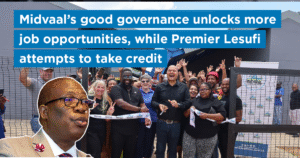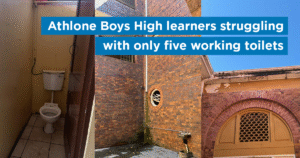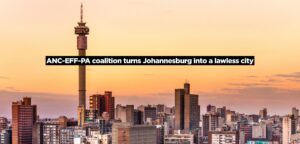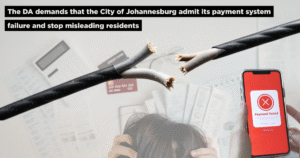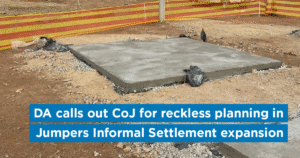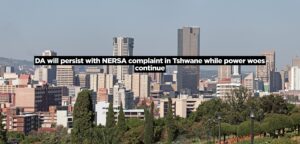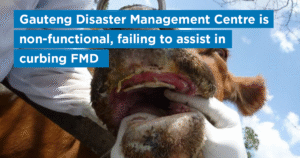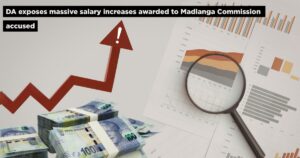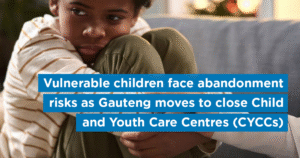The liquor applications and management process under the Gauteng Liquor Board (GLB) remains vulnerable to corruption. The GLB fails to operate openly and transparently, which creates a breeding ground for unlawful activity.
The Democratic Alliance (DA) has received numerous complaints regarding the sluggish manner in which liquor applications are being processed.
A simple comparison of the websites of the Western Cape Liquor Authority and the Gauteng Liquor Board shows that Gauteng is far from an acceptable standard.
• When you search for the Western Cape Liquor Authority, you can immediately access a dedicated website at wcla.gov.za. For information on GLB, you have to navigate through the general provincial government sites, and there is very little useful detail.
• In the Western Cape, you can find reasonably up-to-date lists of valid liquor applications. You can’t find similar information in Gauteng.
• In other provinces, you can get the agenda for a board meeting ahead of time. This doesn’t happen in Gauteng.
Applicants are supposed to get a decision within 90 days, according to the GLB. There are many applications older than that, some even more than a year old. Many attempts to get information on the status of applications are either met with no responses or vague responses.
It should be easy to get lists of applications and their statuses at the push of a button. In virtually all cases, the lists provided are isolated, and information is often missing in parts. The board believes it has no backlog. The applicants in a whole range of applications say otherwise. The administrative staff in the GLB concede that long-standing matters are still pending. Perhaps this disconnect could be resolved if there was an administrative CEO who reported directly to the board.
All of the above paints a muddy picture of what is going on. In such miry circumstances, there is a great opportunity for corruption. There have been numerous promises to fix things over the years, but it is yet to happen. One wonders whether the situation is deliberately left to drift in chaos so that certain people can operate unlawfully. Applicants have complained that they either have to go to court for relief or pay a bribe.
The Gauteng MEC for Economic Development, Lebogang Maile, has not yet responded to any of the DA’s questions regarding the issues at the GLB; however, we will continue to push for answers and expose corruption and incompetency within this entity. We will also be petitioning MEC Maile to dissolve the incompetent GLB Board shielding corruption.
If the DA governed Gauteng, there would be openness and transparency in the handling of liquor licenses. That way there would be fairness and correct granting or rejection of licenses, devoid of bribery or corruption.
